JHALOKATHI, July 29 (V7N) – In a significant display of environmental stewardship, the Imdadia Khankah Ashrafia and Talgachia Madrasas in Shaualjalia Union, Kathalia Upazila, have planted 1,000 neem saplings along various pavements and roadsides.
This initiative, organized under the banner of the Social Justice and Decay Prevention Committee, aligns with the national tree-planting campaign. Chief guest Mufti Md. Nurullah Ashrafi, the spiritual leader of Khankah Ashrafia, led the planting ceremony on Monday morning, joined by madrasa faculty and local dignitaries.
Home science teacher Mohammad Robiul Islam highlighted neem’s longstanding presence in South Asia and its status as a medicinal tree. He noted that nearly all parts—leaves, bark, flowers, fruits, and seeds—contain health benefits.
Local journalist Faruk Hossain Khan praised the initiative, calling for more individuals to plant trees on neglected land, noting that only trees can preserve life. Agricultural officer Imran bin Islam described the act as highly positive for the environment. Upazila Nirbahi Officer, (UNO) MD. Zahirul Islam commended the madrasa authorities for setting a commendable example and noted Jhalokathi's rich tree cover.
The neem (Azadirachta indica) is celebrated for its multiple ecological and agricultural benefits:
As an excellent shade tree, neem reduces temperature, filters air pollutants (CO₂, SO₂, NOₓ, particulate matter), and improves oxygen levels.
Its deep roots stabilize soil and control erosion, while fallen leaves enrich the ground and promote soil structure and fertility.
Neem cake and leaves enhance soil health by adding nitrogen, phosphorus, potassium, and organic matter, boosting microbial activity and reducing reliance on chemical fertilizers.
The tree serves as a natural biopesticide, using compounds like azadirachtin and nimbin to inhibit over 200 pest species, while sparing beneficial insects.
Neem is highly drought-resistant and adaptable to degraded soils, making it ideal for reforestation and urban greening initiatives.
It acts as an effective windbreak, supports habitat and biodiversity, and contributes to climate resilience by sequestering carbon — estimates suggest a mature neem tree provides ecological services worth approximately Tk 25 lakh over its lifetime.
Historically revered in the subcontinent and beyond, neem continues to be a vital natural resource. Ecological studies and agricultural practices consistently affirm its importance in combating soil degradation, reducing pest pressure, and supporting sustainable livelihoods.
This plantation sets a strong example for local communities to follow:
planting and nurturing neem trees can not only improve environmental conditions but also enhance public health and agricultural sustainability.
END/AIJ/SMA/



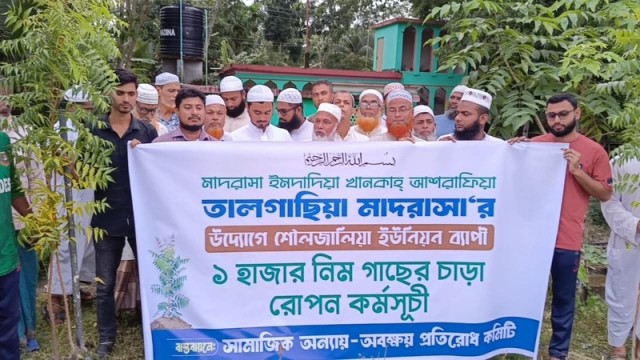
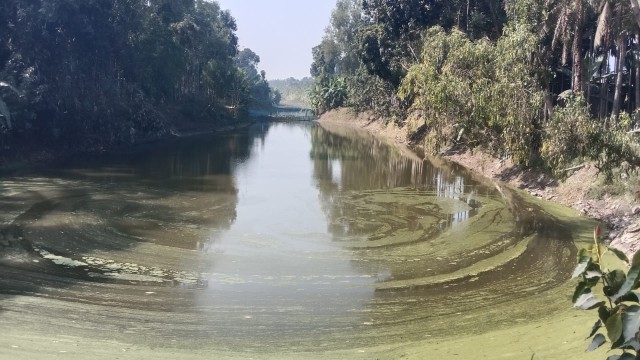












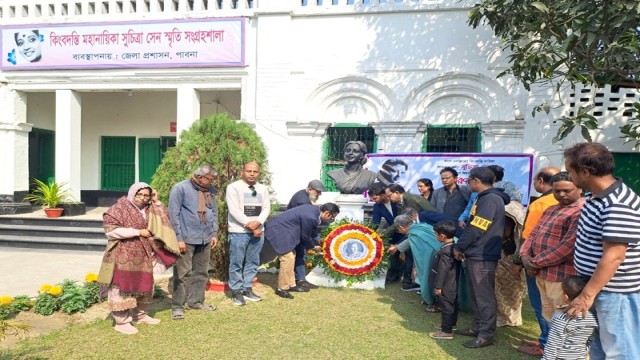
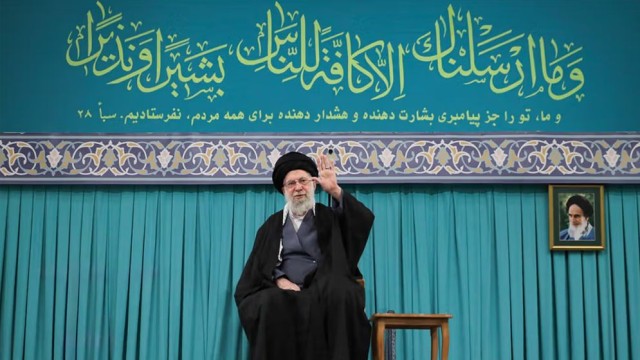
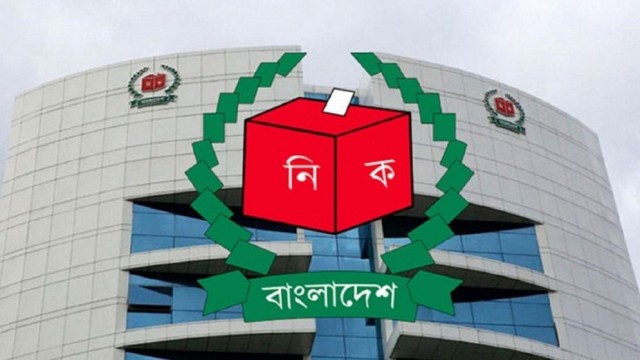




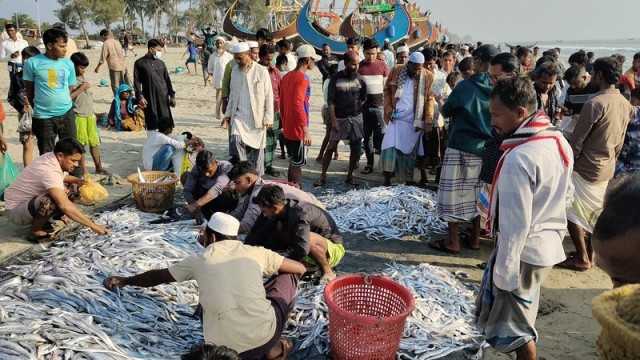
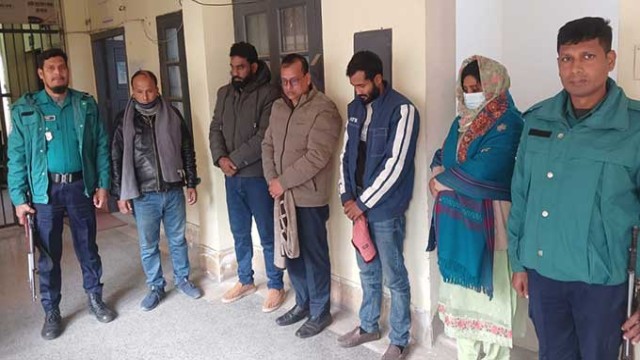




Comment: